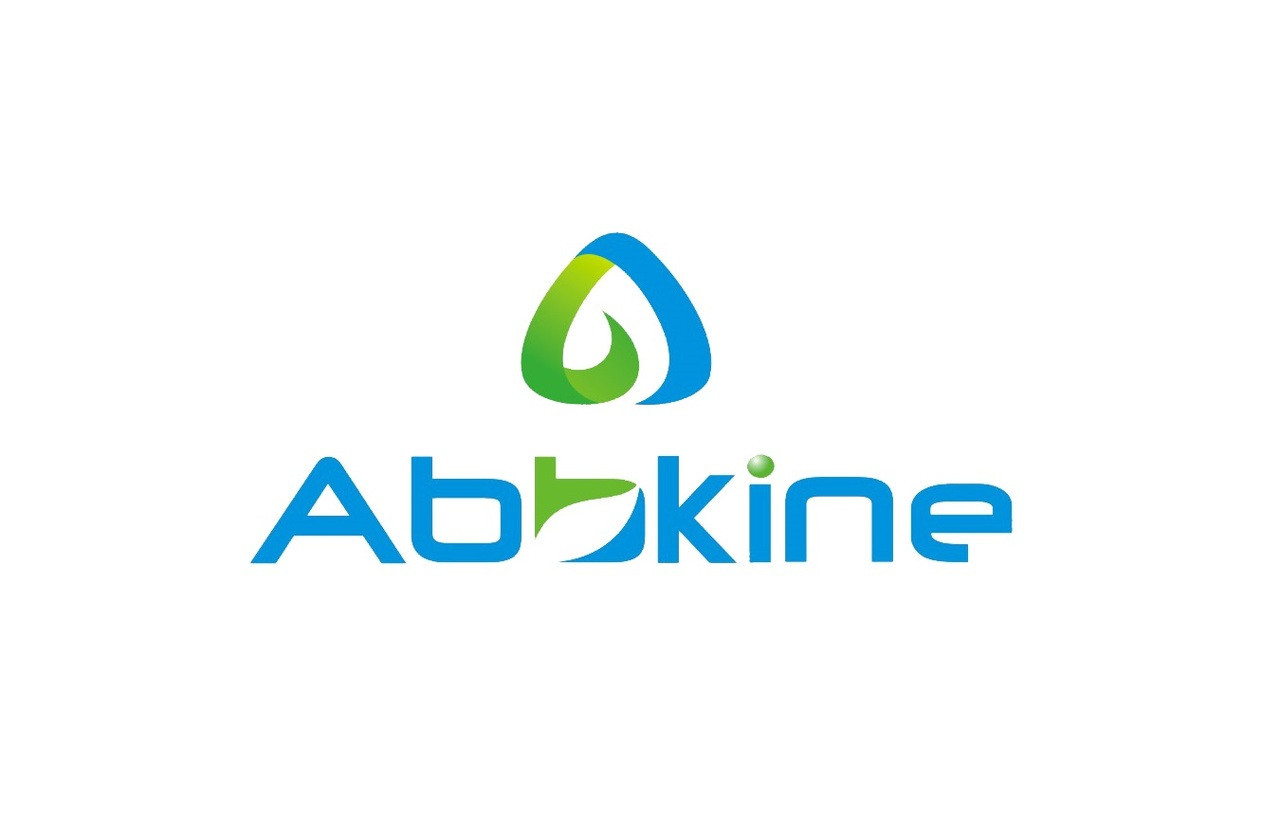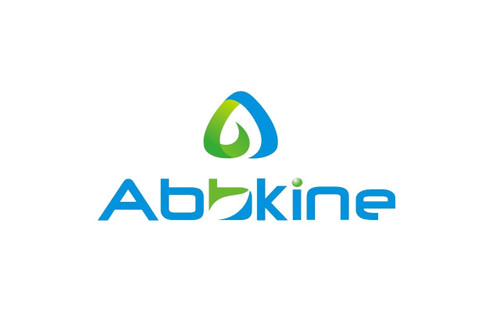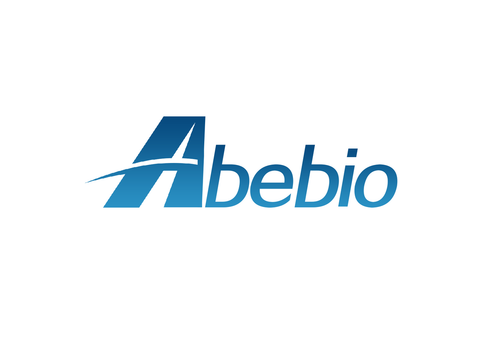Product Description
Human Solute carrier family 2, facilitated glucose transporter member 1 (SLC2A1) ELISA Kit | KTE60608 | Abbkine
Application: This Human Solute carrier family 2, facilitated glucose transporter member 1 (SLC2A1) ELISA Kit employs a two-site sandwich ELISA to quantitate SLC2A1 in samples. An antibody specific for SLC2A1 has been pre-coated onto a microplate. Standards and samples are pipetted into the wells and anySLC2A1 present is bound by the immobilized antibody. After removing any unbound substances, a biotin-conjugated antibody specific for SLC2A1 is added to the wells. After washing, Streptavidin conjugated Horseradish Peroxidase (HRP) is added to the wells. Following a wash to remove any unbound avidin-enzyme reagent, a substrate solution is added to the wells and color develops in proportion to the amount of SLC2A1 bound in the initial step. The color development is stopped and the intensity of the color is measured.
Detection Method: Colorimetric
Conjugate: N/A
Sample Type: Cell culture supernatants#Serum#Plasma#Other biological fluids
Assay Type: Multiple steps standard sandwich ELISA assay with a working time of 3-5 hours. It depends on the experience of the operation person.
Kit Component: • Human Solute carrier family 2, facilitated glucose transporter member 1 microplate
• Human Solute carrier family 2, facilitated glucose transporter member 1 standard
• Human Solute carrier family 2, facilitated glucose transporter member 1 detect antibody
• Streptavidin-HRP
• Standard diluent
• Assay buffer
• HRP substrate
• Stop solution
• Wash buffer
• Plate covers
Features & Benefits: Human Solute carrier family 2, facilitated glucose transporter member 1 (SLC2A1) ELISA Kit has high sensitivity and excellent specificity for detection of Human SLC2A1. No significant cross-reactivity or interference between Human SLC2A1 and analogues was observed.
Calibration Range: Please inquire
Limit Of Detection: Please inquire
Usage Note: • Do not mix components from different kit lots or use reagents beyond the kit expiration date.
• Allow all reagents to warm to room temperature for at least 30 minutes before opening.
• Pre-rinse the pipet tip with reagent, use fresh pipet tips for each sample, standard and reagent to avoid contamination.
• Unused wells must be kept desiccated at 4 °C in the sealed bag provided.
• Mix Thoroughly is very important for the result. It is recommended using low frequency oscillator or slight hand shaking every 10 minutes.
• It is recommended that all samples and standards be assayed in duplicate or triplicate.
Storage Instruction: The unopened kit should be stored at 2 - 8°C. After opening, please store refer to protocols.
Shipping: Gel pack with blue ice.
Precaution The product listed herein is for research use only and is not intended for use in human or clinical diagnosis. Suggested applications of our products are not recommendations to use our products in violation of any patent or as a license. We cannot be responsible for patent infringements or other violations that may occur with the use of this product.
Background: GLUT1 facilitates the transport of glucose across the plasma membranes of mammalian cells.GLUT1 is responsible for the low-level of basal glucose uptake required to sustain respiration in all cells. Expression levels of GLUT1 in cell membranes are increased by reduced glucose levels and decreased by increased glucose levels. GLUT1 is also a major receptor for take-up of Vitamin C as well as glucose, especially in non vitamin C producing mammals as part of an adaptation to compensate by participating in a Vitamin C recycling process. In mammals that do produce Vitamin C, GLUT4 is often expressed instead of GLUT1.GLUT1 behaves as a Michaelis-Menten enzyme and contains 12 membrane-spanning alpha helices, each containing 20 amino acid residues.
Alternative Names: SLC2A1; DYT17; DYT18; GLUT; GLUT1; MGC141895; MGC141896; PED;
Search name: SLC2A1; DYT17; DYT18; GLUT; GLUT1; MGC141895; MGC141896; PED;
Tag: SLC2A1
 Euro
Euro
 USD
USD
 British Pound
British Pound
 NULL
NULL












